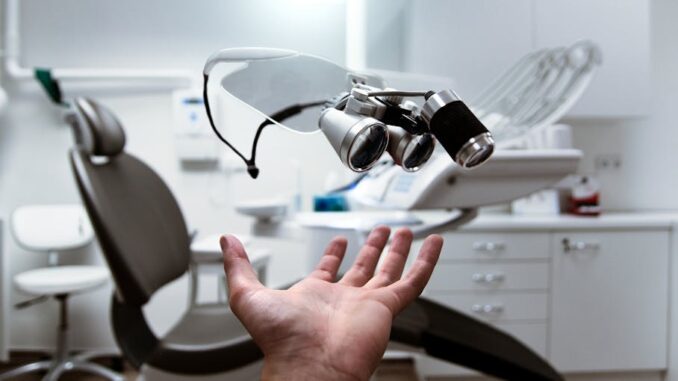
Summary
This article explores the transformative impact of AI in medicine, moving beyond the hype to showcase real-world applications and potential future advancements. From diagnostics and treatment to drug discovery and administrative tasks, AI is revolutionizing healthcare. We delve into specific examples and discuss the broader implications of this technological leap.
** Main Story**
Okay, so, artificial intelligence in healthcare… it’s not just some buzzword anymore, is it? We’re seeing AI make real waves, moving from theory to actual, practical applications. Forget those sci-fi movies – AI is actively changing how we practice medicine, improving patient outcomes, and making the whole system more efficient.
AI: Your New Diagnostic Powerhouse
Think about medical imaging, like X-rays and MRIs. AI algorithms are getting seriously good at analyzing those. In fact, they’re often quicker and more accurate than humans at spotting diseases. We’re talking earlier diagnoses, especially for things like cancer, which, let’s be honest, can be a lifesaver. And because AI can crunch massive datasets, it helps create super-personalized treatment plans, taking into account each patient’s unique needs and genetic makeup. I remember reading about Google’s DeepMind Health project, how it can diagnose eye diseases from retinal scans with expert-level accuracy. Seriously impressive stuff!
It’s early days still, but how amazing would it be to have AI as standard practice for diagnosing common diseases like heart disease, or even osteoporosis?
Supercharging Drug Discovery
Developing new drugs? That’s a notoriously slow and expensive process, right? Well, AI is speeding things up dramatically. It can analyze tons of data to find promising drug candidates and even predict how well they’ll work. This means faster innovation and more effective treatments. Companies like Verge Genomics are already using AI to sift through human genomic data to identify drugs for neurological diseases, such as Parkinson’s and Alzheimer’s. That’s a game-changer, given how tough those diseases are to tackle.
Bye-Bye Tedious Tasks!
Nobody likes administrative work, especially not doctors and nurses. But now AI can handle appointment scheduling, patient tracking, and even insurance processing. This frees up healthcare pros to spend more time actually caring for patients. This is going to be really crucial as burnout becomes more and more common across health workers globally, helping alleviate some of the pressure. Plus, AI-powered chatbots and virtual assistants can provide 24/7 patient support, boosting engagement and making sure patients stick to their treatment plans. Can you imagine that?
Peering Into the Crystal Ball: The Future of AI in Medicine
The future looks bright. As AI keeps advancing, it’s going to revolutionize healthcare even more. Just think about predicting disease outbreaks using contact tracing and travel data, something we saw in action during the COVID-19 pandemic. But that’s just the beginning. AI could revolutionize research, improve population health management, and even help us develop new materials for medical devices and treatments. It’s an exciting time, and I, for one, can’t wait to see what the future holds.
I do believe that we need to be thinking about AI in conjunction with other new technologies; robotics, genomics, nanotech. The possibilities are limitless when we start combining different fields and areas.
Let’s Be Realistic: Challenges and Considerations
Of course, it’s not all sunshine and roses. With great power comes great responsibility, right? We need to address the challenges and ethical considerations that come with AI in medicine. Data privacy and security are top priorities, and we can’t ignore potential biases in the algorithms. It’s important to remember the human element in healthcare. The most important thing is the patient, that will never change, however good the robots might be! What’s the role of human oversight? How do we maintain that crucial human touch? We need to think carefully about all of this as AI takes on more complex tasks. Thoughtful implementation and continuous evaluation are key to making sure AI truly benefits patients and the healthcare system as a whole. A good approach will involve ongoing communication and dialogue between AI developers, medical professionals, patients and governing bodies.


AI diagnosing osteoporosis? So, if my skeleton starts getting sassy, will the AI prescribe it a strongly worded letter and some extra calcium? Asking for a friend… who’s a skeleton.
That’s a hilarious thought! Imagine AI diagnosing sassiness! Perhaps it could analyze bone density AND attitude to prescribe a personalized wellness plan – maybe some sunshine, laughter, and yes, definitely calcium! It could revolutionize geriatric care… and comedy! Thanks for the chuckle!
Editor: MedTechNews.Uk
Thank you to our Sponsor Esdebe
AI doing administrative tasks? So, will my insurance company soon be arguing with a robot about why my paper cut warrants reconstructive surgery… performed by another robot? Just curious.